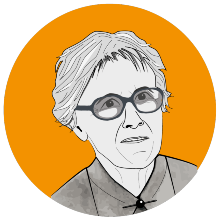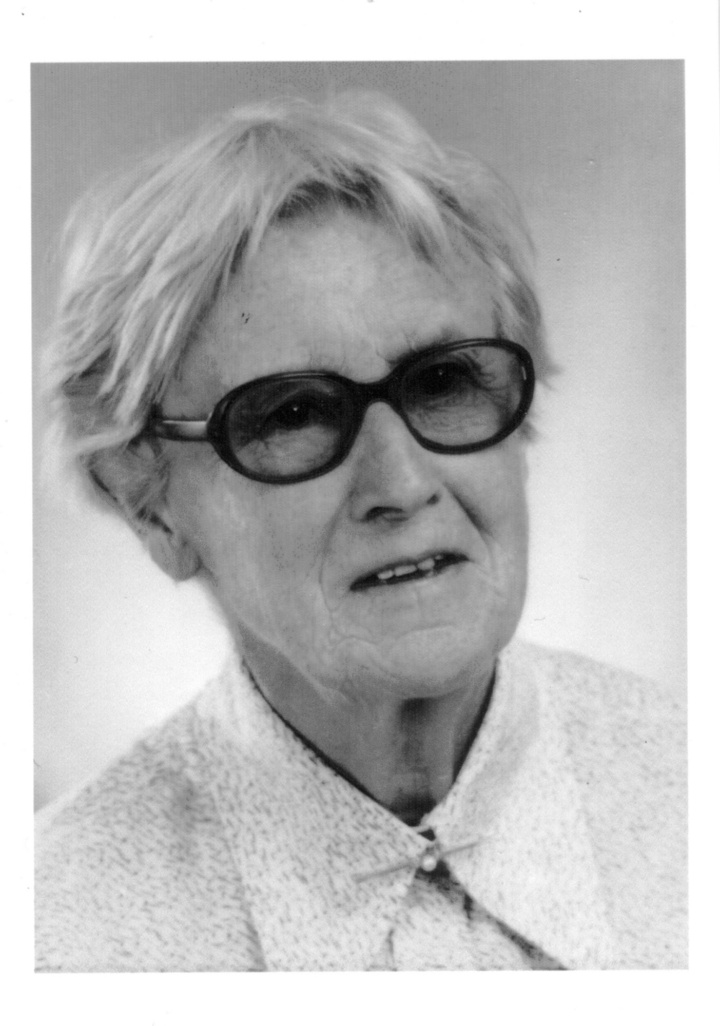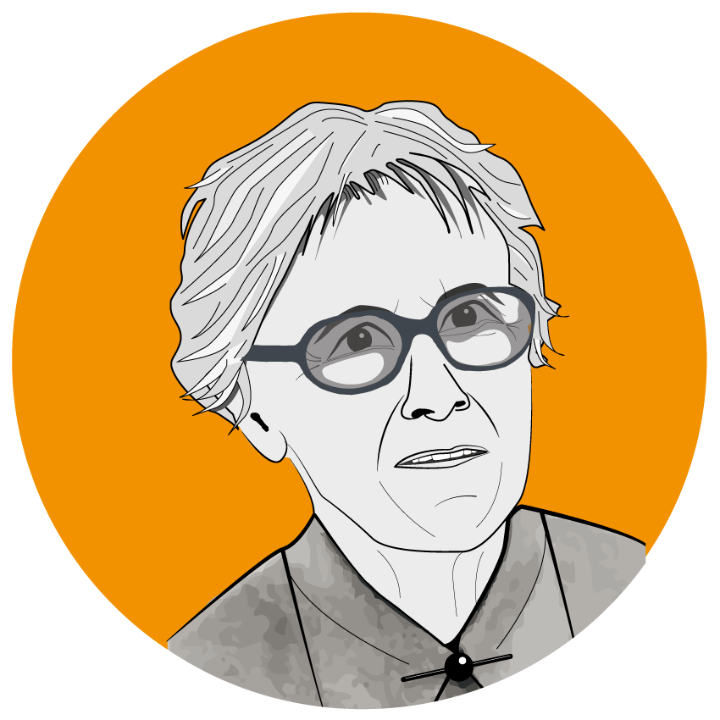SFB 1313's Women’s Lecture Series becomes Anneliese Niethammer Lecture Series, dedicated to Anneliese Niethammer (1901–1983), the ecological microbiologist and first female professor in Applied Botany in 1947 at the TH Stuttgart (since 1967: University of Stuttgart), after whom the Anneliese-Niethammer-Weg near the university's campus in Stuttgart-Vaihingen is named. Of course, there is also a thematic relation between Anneliese Niethammer and SFB 1313: both research(ed) intensively, amongst others, the porous medium of “soil” as well as microorganisms.
SFB 1313 sets an example for gender equality
As gender equality is one of the dedicated aims of SFB 1313 and as women are still underrepresented in male dominated sectors, such as natural sciences, technology or engineering, the Anneliese Niethammer Lecture Series gives women in the science once a semester the possibility to present their scientific work. It serves as platform and intends especially to encourage and to inspire women to pursue a career in the natural sciences. The lecture series is open to the public and invites members of the University of Stuttgart to participate.
Historical facts about Anneliese Niethammer
Anneliese Niethammer graduated in Agricultural Science and Botany at the Charles University in Prague, where she also received her doctor’s degree in 1925. She then worked as an assistant at the Institute of Botany at the TH Prague, where she also habilitated in 1929. From 1935 on, she also studied teaching in chemistry, zoology and geography and became at the same time a teacher at the German Trade School in Prague, which appointed her professor in 1940.
After Second World War she had to leave the Czechoslovakia and moved to Baden-Württemberg in Germany where she got a university teaching position at the TH Stuttgart in “Applied Botany”. In 1947 she became the first female (unpaid) professor of the TH Stuttgart. To earn a living, she worked additionally as a teacher at a commercial school in Ludwigsburg until 1970.
Pioneer in the field of ecological microbiology
Anneliese Niethammer focused her research in the 1920s and 30s (in Prague) on influencing seed germination, which is dependent on many different factors. Since she was unable to continue her research at the Botanical Institute of the University of Stuttgart (from 1970 on "Biological Institute") due to a lack of space, she focused her research on the development of microscopic soil fungi, which automatically made her a pioneer in the field of ecologically oriented microbiology. At the time, she was largely the only researcher in this research area at the University of Stuttgart and was distinguished above all by her knowledge of determining the shape of soil fungi. In Prague and in Korntal (near Stuttgart) she owned valuable collections of microscopic soil fungi and moulds, which she brought with her from her travels within Germany and abroad or had brought along by colleagues and friends.
In addition to her remarkable career and interdisciplinary research activities, her internationally recognized contributions to applied botany and especially to ecological microbiology, which at the time was only a marginal field of research, were outstanding. She combined different disciplines theoretically and practically, which manifested itself above all in her pioneering work on microscopic soil fungi, which had made her one of the founders of the ecological approach to microbiology. Her major works included "Technische Mykologie", published in 1947, considered ground-breaking at the time, and her monograph "Die Gattung Penicillium Link: Characteristics, Life, Distribution, Achievements, Antibiosis, Species" (1949), which gained great recognition due to its actuality and the rapid development of penicillin antibiotics during this period. Further books were the medical monograph "Mikrobiologische Heilmittel: Antibiose und antagonistische Erscheinungen" (1951) and her last major work "Samen und Früchte des Handels und der Industrie" (1961).
Anneliese Niethammer died in 1983 at the age of 82 in Korntal near Stuttgart.
------------------------------------------------------------------------------------------------------------------------------
Special thanks go to Prof. Ulrich Kull (alumni Professor of Plant Physiology/Botany, University of Stuttgart), to Dr. Norbert Becker (Head of the Archive of the University of Stuttgart) and to Nicola Hille (Gender Equality Office of the University of Stuttgart), who supported us with valuable information about Anneliese Niethammer.
------------------------------------------------------------------------------------------------------------------------------




